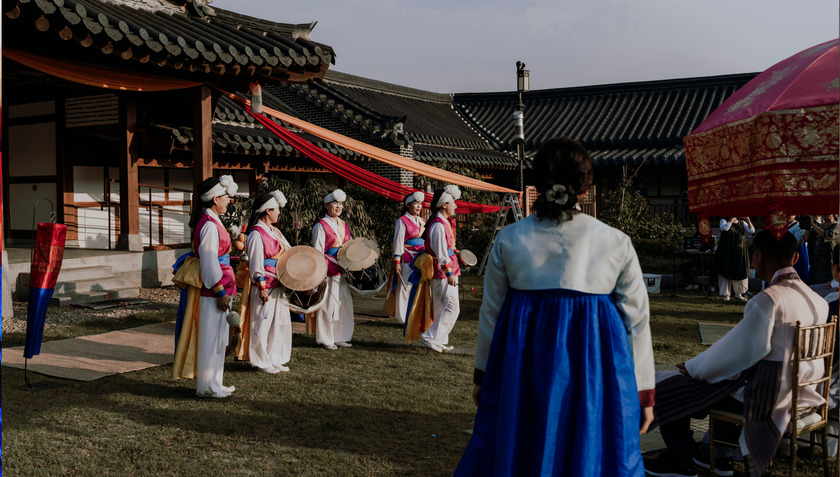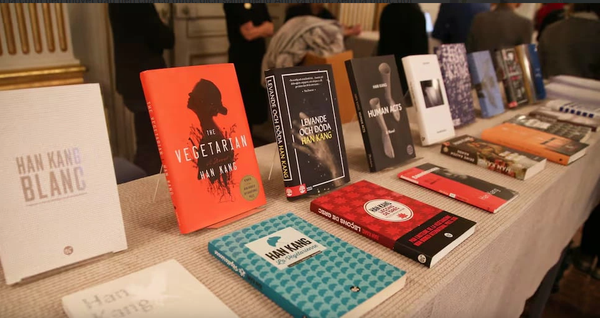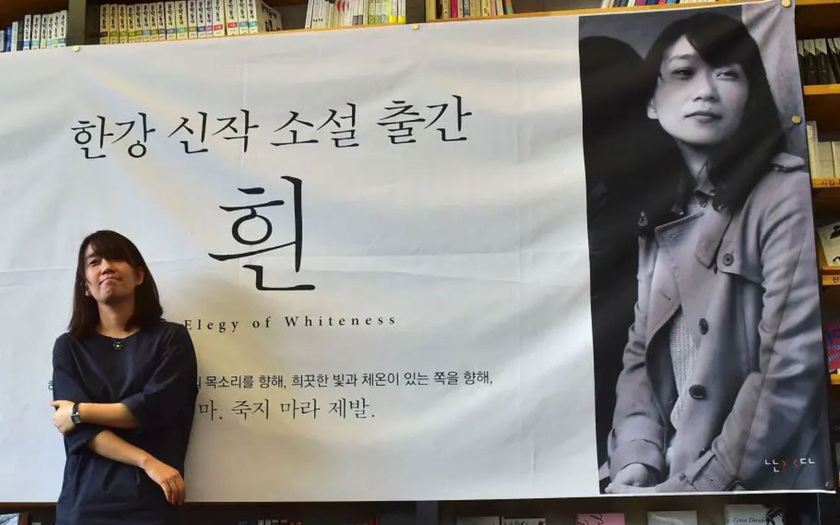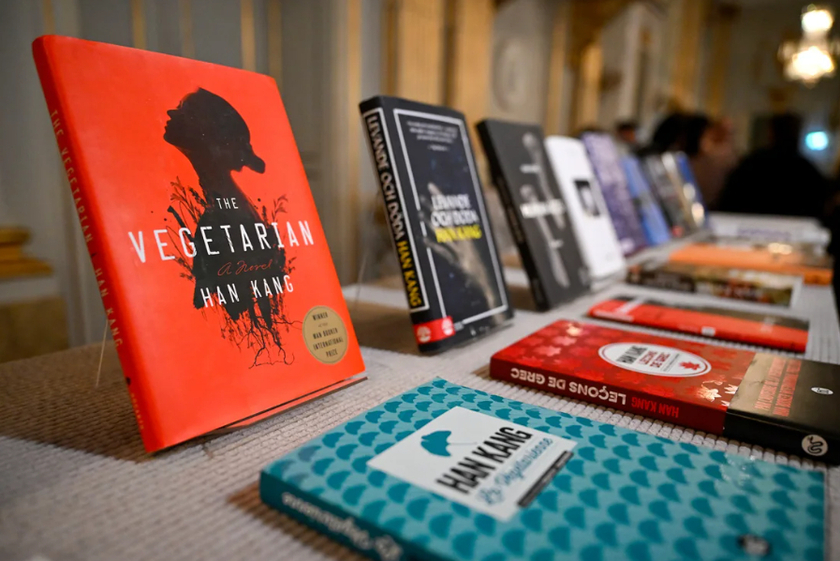In the 1960s, South Korea was still one of the poorest countries in the world, with a per capita income of only $87 in 1962, and the name "South Korea" was not widely known or noticed internationally. However, with unwavering determination and sound development policies, South Korea is now recognized worldwide, not only as one of the top 10 economic powers with a GDP of $832.5 billion in 2011 (almost equal to the combined GDP of 10 ASEAN countries), but also with a per capita income of $28,100 (28 times the average of Vietnam), and many famous consumer products available in countries and regions around the world.
Contributing to the miraculous leap forward of the South Korean economy is the cultural content industry, with waves like K-pop and K-drama exporting culture to the world. One of the radical shifts that contributed to this success was the early 1990s, when cultural policy shifted from political control to placing culture at the heart of export-oriented economic development strategies. Policies to develop cultural industries were implemented in conjunction with government investment in other strategic sectors such as information and communication technology, directing this industry towards "exporting" Korean-branded cultural products to the world.

The South Korean government advocates for the liberalization and modernization of the fashion, cosmetics, music, and film industries, aiming to make South Korea a shopping and audiovisual hub for the entire continent.
South Korea "exports" its culture to the whole world.
Over the past decade, the country has invested heavily in the Korean Wave, also known as Hallyu—Korean dramas, Korean pop music, and Korean cinema—achieving remarkable success. The Academy's acclaim is proof that this cultural wave has reached Hollywood.

For South Korea, it's an opportunity to market and promote its culture, and to use its national culture to influence and impact other countries.
In 2009, South Korean President Lee Myung-bak stated: “Culture will be the decisive economic capital in the 21st century. We need to build a system in which everyone, regardless of where they live or their social class, can experience culture in their daily lives.” He argued that a truly advanced and developed country is not simply one with high income, but one with a highly developed culture that is balanced with economic development.

Culture has contributed to South Korea's rise to international prominence.
In the film industry, South Korea absorbs the best of world cinema, creating a style and imprint deeply rooted in Korean identity. This is combined with an understanding of the psychology of young people in the country, film settings that are close to real life, carefully selected content and actors, and meticulous attention to special effects, budget, and scale. The result of this investment is the masterpiece "Parasite," which won the 2020 Academy Award for Best Picture. The resounding success of "Parasite" is not a coincidence but the result of a long-term and systematic investment process by the South Korean film industry.

Parasite created a media sensation, solidifying the position of Korean cinema.
The South Korean film industry has developed into one of the most dynamic markets in the world. In 2019, the South Korean film market was estimated at $2.2 billion with over 226 million viewers. During the 2020-2021 period, the Covid-19 pandemic significantly impacted many sectors, yet the total size of the South Korean film market in 2021 still reached an impressive $893 million.
Along with its expanding film industry, South Korea has become the world's sixth-largest music market and Asia's second-largest. In 2021, the total value of the South Korean music market was estimated at $6 billion. Despite the continuous cancellation or postponement of live music events in 2021 due to Covid-19, K-pop is expected to continue to grow thanks to the global success of renowned groups like BTS and Blackpink. The "Bangtan Economy" is a nickname given to BTS as recognition for their contributions to South Korean culture, economy, and industry.

The band BTS has become a global phenomenon.
Bringing literature to a global level with the Nobel Prize.
News of South Korean author Han Kang winning the 2024 Nobel Prize in Literature quickly spread throughout the global publishing world, evoking a variety of emotions and reactions. This is not only a source of personal pride for Han Kang but also a significant milestone for Korean literature, sparking discussions about the transformation and integration of Asian literature on the international stage.

Books by author Han Kang were displayed after she was announced as the winner of the 2024 Nobel Prize in Literature at the Swedish Academy in Stockholm.
About a decade ago, with a clear strategic vision, the South Korean government embarked on an ambitious journey: to put Korean culture on the world literary map and conquer the most prestigious awards.
To realize this goal, the Korean Ministry of Culture has pioneered the establishment of the Literary Translation Institute (LTI) – an ambitious initiative aimed at promoting the global dissemination of Korean literature. The program is designed with a dual objective: not only to promote the country's outstanding literary works but also to cultivate a generation of professional translators who will serve as a crucial bridge between Korean culture and the world.

Over half a million copies of Han Kang's book sold out in four days thanks to the Nobel Prize in Literature.
LTI's efforts have created a powerful ripple effect. The institute has sponsored the translation of entire literary works, even before they found publishers, demonstrating absolute confidence in the intrinsic value of Korean literature. Furthermore, LTI actively supports Korean writers in participating in international literary events, creating opportunities for them to network, share, and introduce their works to readers worldwide. Not stopping there, LTI also invites international editors and literary critics to visit Korea, giving them a deeper understanding of Korean culture and people, thereby facilitating the publication and promotion of Korean literary works in the international market.
In 2016, The New Yorker posed the provocative question: "Can a major government effort bring the Nobel Prize in Literature to South Korea?" And in 2024, the victory of writer Han Kang, with his works of "poetic prose that intensely confronts past traumas and exposes the fragility of human life," brought glory to Korean literature.

The Korean literary community hopes that Han Kang's Nobel Prize win will help the country's literature gain the same attention that films and television programs have. "Thanks to Korean films first, people have recognized that Koreans are excellent storytellers… Korea isn't just about films and music; we also have an incredible literary richness."

 VI
VI EN
EN


































